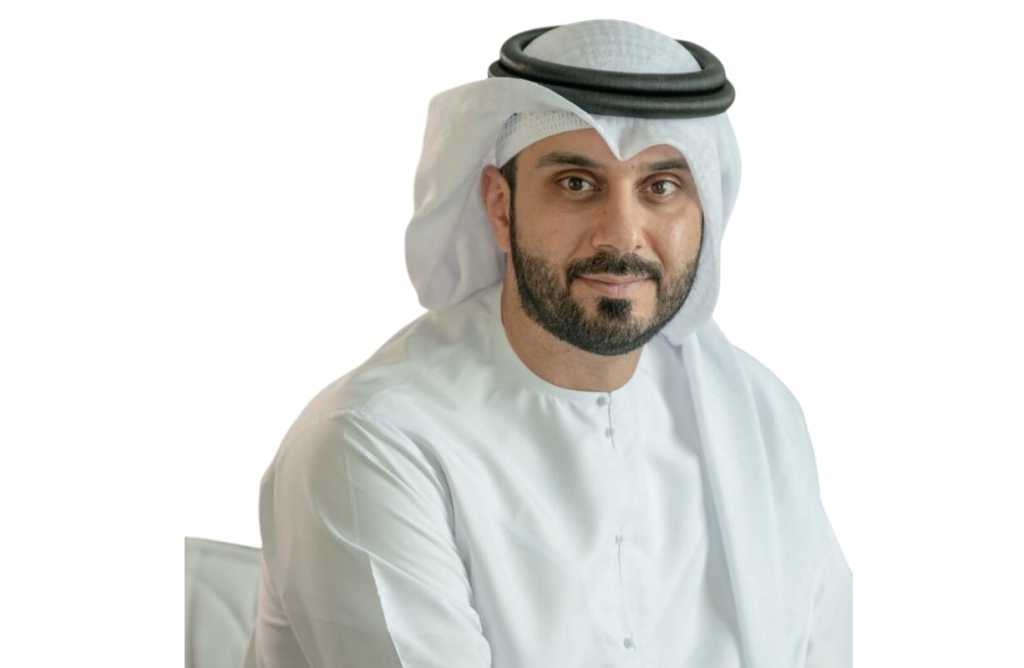The introduction of Oracle Alloy into the UAE’s public sector is part of Du’s broader strategy to address the growing demand for sovereign AI services. The potential benefits of sovereign AI for the UAE’s public sector are substantial. In particular, AI’s integration into government services will streamline and improve efficiencies across multiple sectors. Al Awadi points to several key areas where AI will have an immediate impact, such as client-facing channels like chatbots, call center analytics, and other AI-powered tools that will enhance customer service and public interaction. These technologies are expected to improve service delivery and ensure that citizens receive faster, more personalized assistance from government entities.
However, with the rapid adoption of AI and cloud technologies, concerns over security and data privacy are paramount. Du has made it clear that security is their top priority, particularly when dealing with government data. As Al Awadi explained, Du operates its own data centers, giving the company full control over its cloud infrastructure and ensuring it complies with all UAE national laws regarding data sovereignty. “We are getting all the necessary approvals to provide a secured infraestructure,” he added.
Looking toward the future, Al Awadi sees AI playing a pivotal role in the continued evolution of the UAE’s public sector. He believes that AI’s integration will not only improve existing services but also pave the way for new innovations that will reshape how the government interacts with its citizens. “AI is big in the UAE. The leadership has embraced AI, and it’s reflected in the initiatives that are being worked on across various federal and governmental entities,” Al Awadi said.

